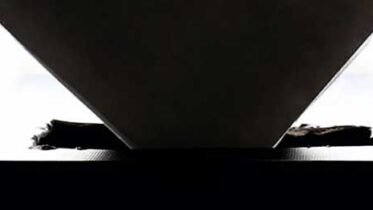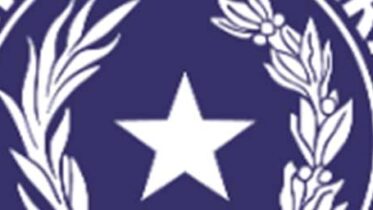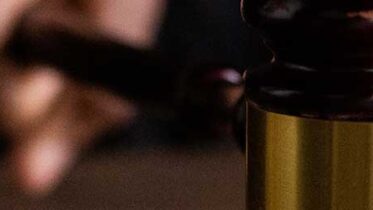The ambush marketing and the Olympic Games 2016
- 19 January 2016
- Articles
With de upcoming Olympic Games 2016 in the City of Rio de Janeiro, the media are constantly speaking about ambush marketing. This is a strategy often used by companies seeking to take advantage of the prestige and status of a show or event without the permission of the organizers, or even create the false impression of sponsors.
In spite of being a routine in sport tournaments, it may occur, under any modality of event, such as musical and fashion festivals. In practice, the ambush marketing occurs by both association and intrusion.
The association will be lawful through a license of use and merchandising of registered marks and official symbols, or when not inducing the public into error on the relation between the announcer and the event. However, it will be unlawful when not authorized competitors try to be associated with an event, leading the public to believe that it all concerns an official sponsor.
In intrusion, there is no direct association with the event. The companies take advantage of the enormous publicity towards advertising and promoting their marks, logo and other symbols of the event, without the permission of the organizers. The non-sponsoring corporations have also taken advantage of more modern strategy in which the internet users, upon seeking for information on the products and services of a certain event on the official site, are directed to non-official pages. This is the so-called ambush on the internet.
The reasons of ambush marketing are often the advertising promotion and fruition of the prestige of the event, creating the false impression of association or legitimate participation. In turn, the sponsors, in view of investing heavily, wish to obtain the return of the amounts spent, by means of visibility and recognition of their marks, and, thus, requiring, more and more from the organizers, efficacious protection against such unlawful practice.
The rules of protection to the rights of the sponsors and organizers of the events must be combined with the other existing in the legal system and, thus also avoiding the abuse of right.
For the Olympic and Paralympic Games there are specifically Pelé Law (Law no. 9615/98), the Olympic Act (Law no. 12.035/2009), the Olympic Letter and the Nairóbi Treaty. Generally, the legislation has rules prohibiting the use of all the distinctive signs, flags, motto, hymns used by the International Olympic Committee(COI) and Brazilian Olympic Committee (COB), as well as the denominations “Olympic Games”, “Paralympic Games”, Olympic Games Rio 2016”, “Rio 2016”, “XXXI Olympic Games” and some other variations: mascots, torches and other signs for the Olympiads, even though for non-commercial purposes.
Therefore, only rules in the regulatory system of the host country of the events are not enough, the combination of efforts of the Authorities for implementing the preventive and repressive measures of the offenses to the rights of the Intellectual Property is also necessary. The educational campaigns are also very important, as they help the population as certain by themselves, when they are facing some unlawful practice.
In the above respect, it is fundamentally important that the Organizing Entities, Official Sponsors, Executive Branch, Legislative Branch and Judicial Branch are in harmony for the application of the legal instruments capable of preventing the ambush marketing.









